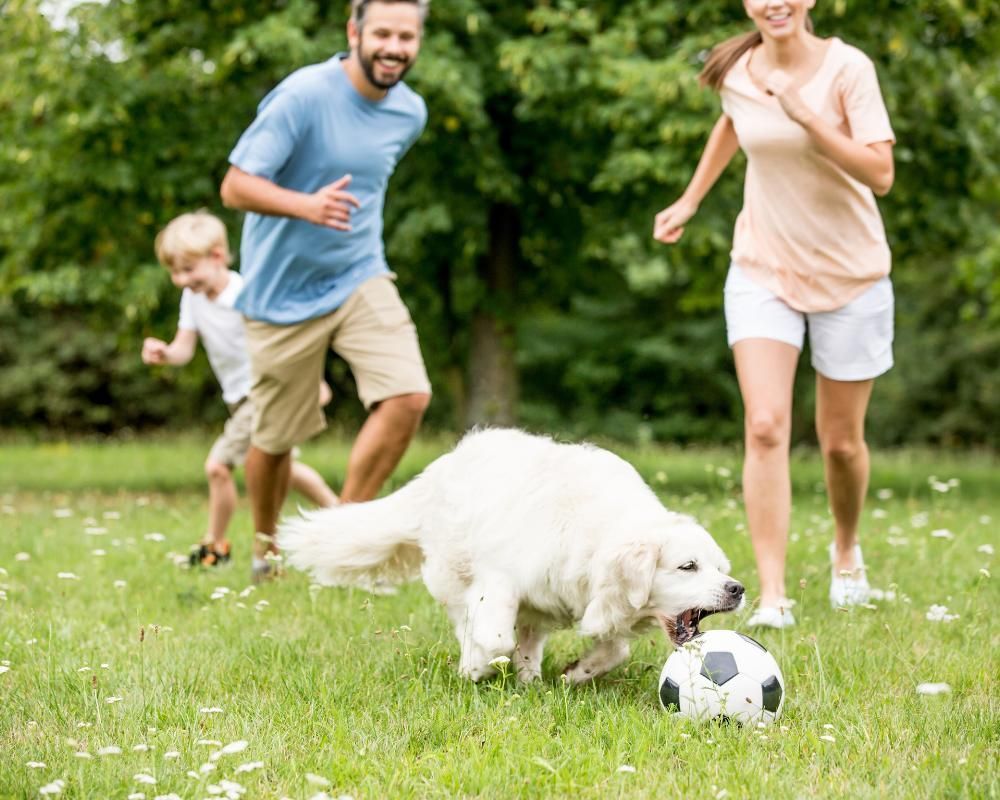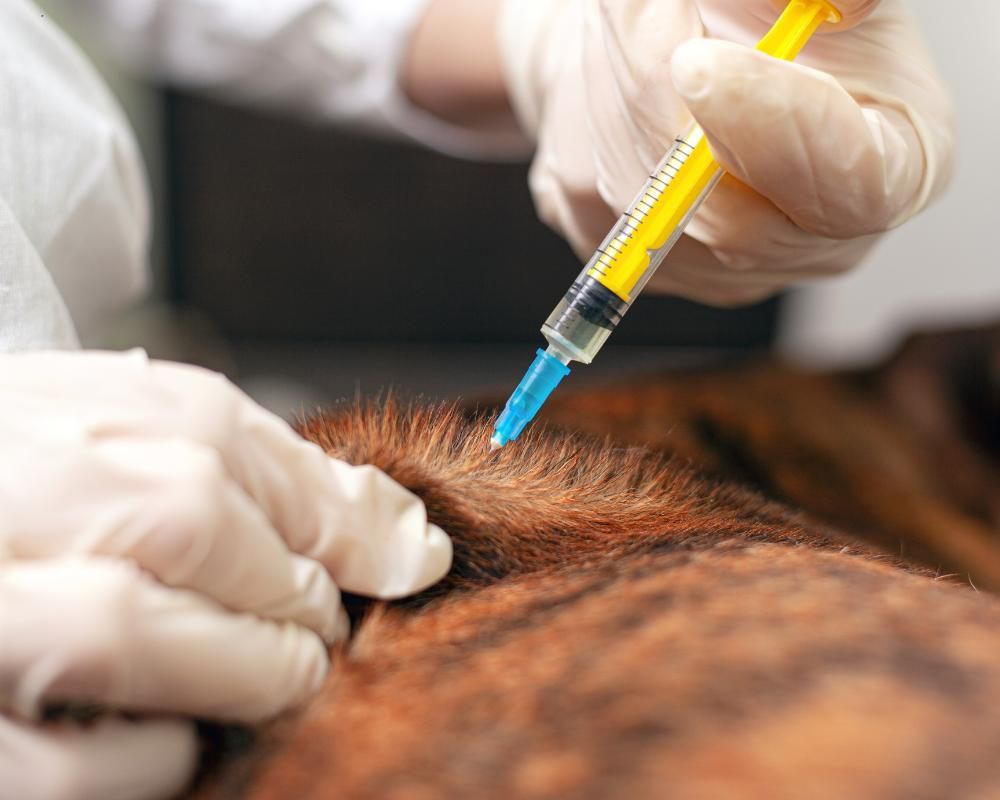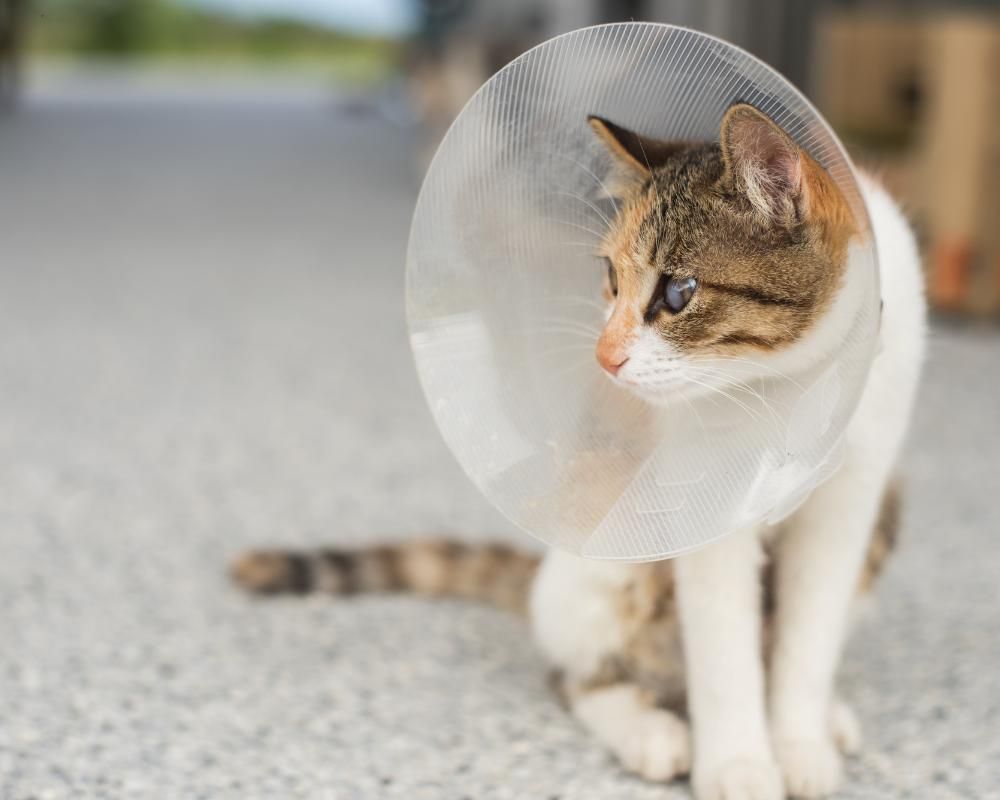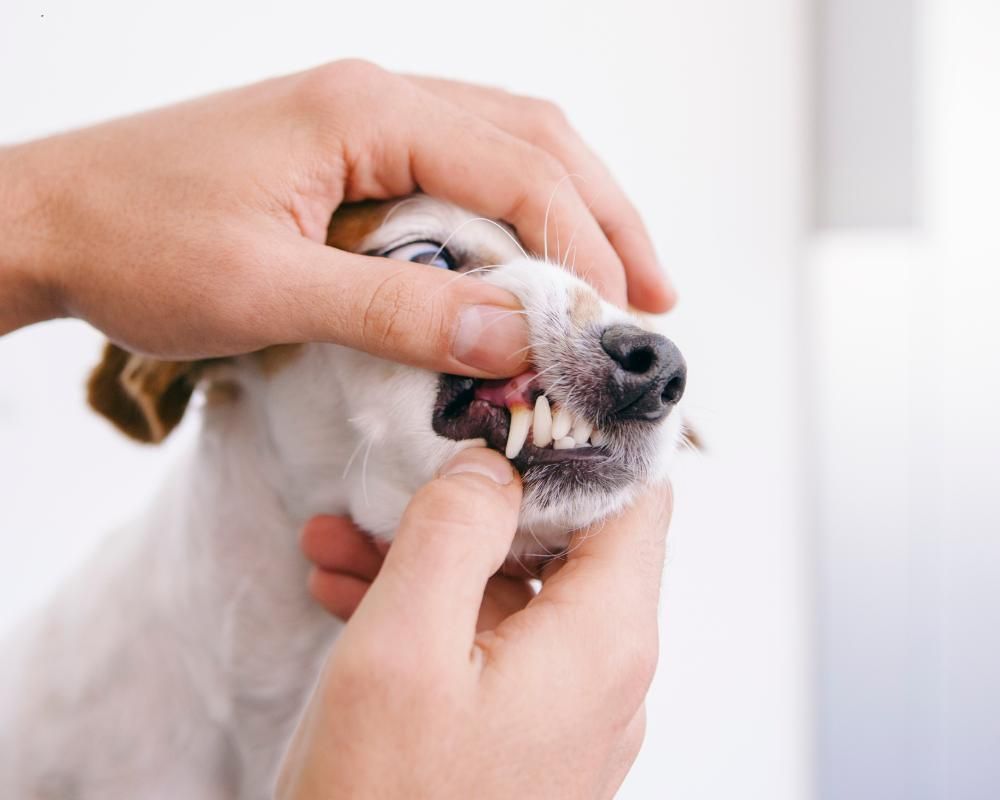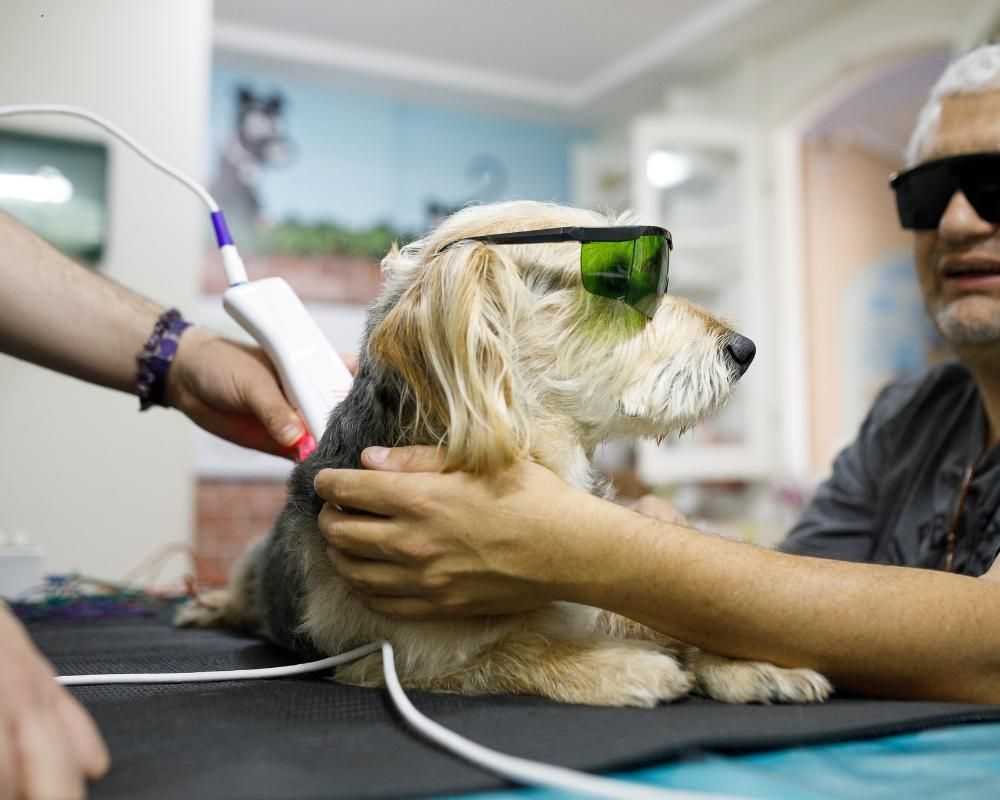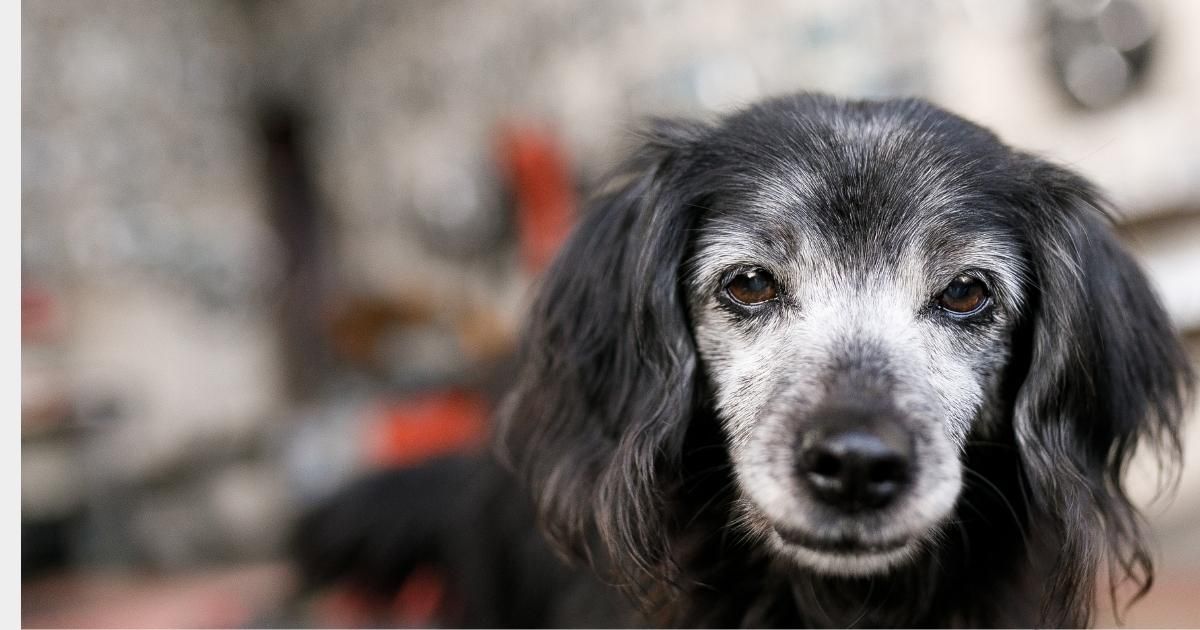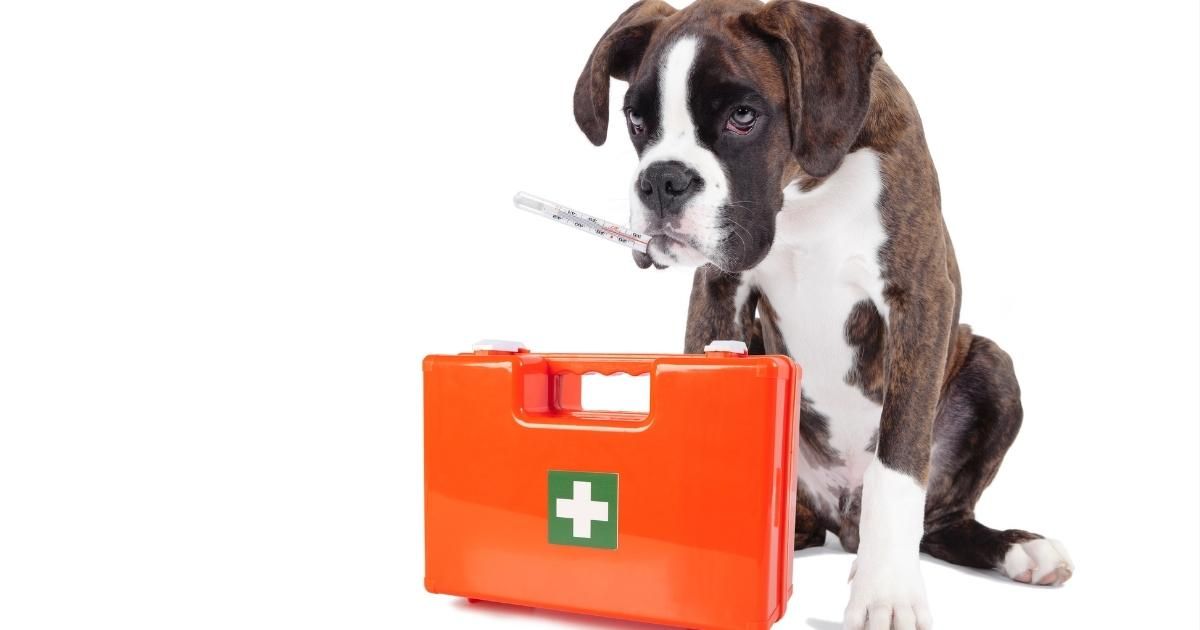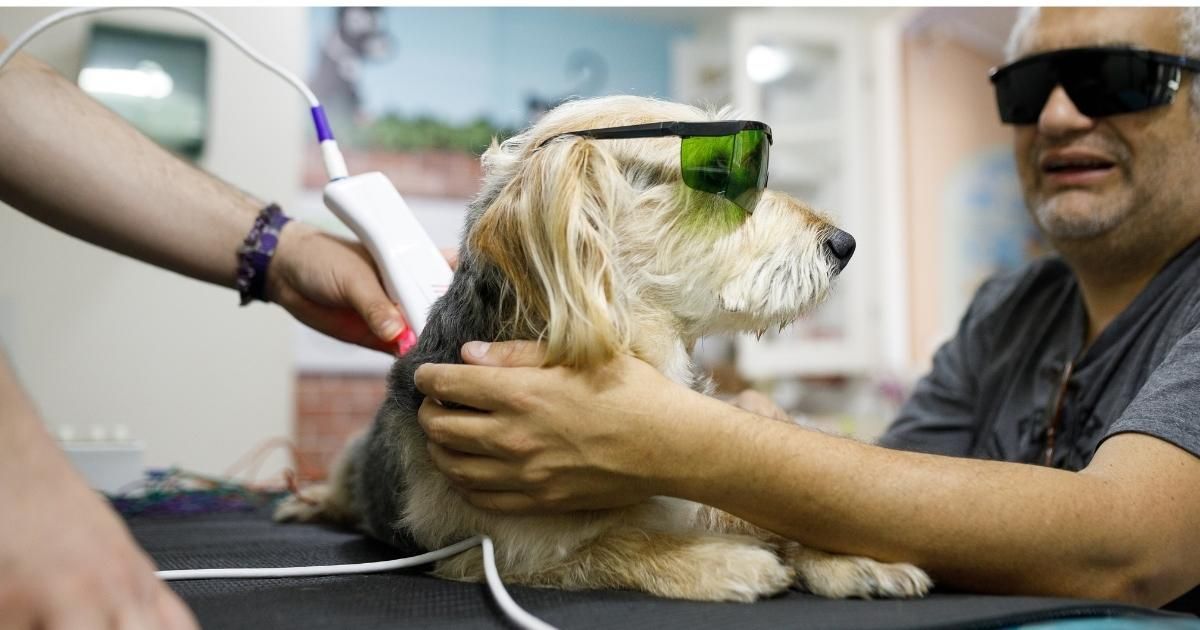Things You Need to Know When Your Dog is Pregnant for the First Time
If you don’t know what to do when your dog is pregnant for the first time, it can put you under stress. Ease your anxieties by preparing for the pregnancy with these 5 things you need to know when you first discover your dog is pregnant. Then consult with your Veterinarian; doing so will give you confidence in caring for your pregnant dog which will also ease any anxieties she may have.
We will cover;
How to know if your dog is pregnant
Tips to Help You Care for Mom and Prepare for Puppies
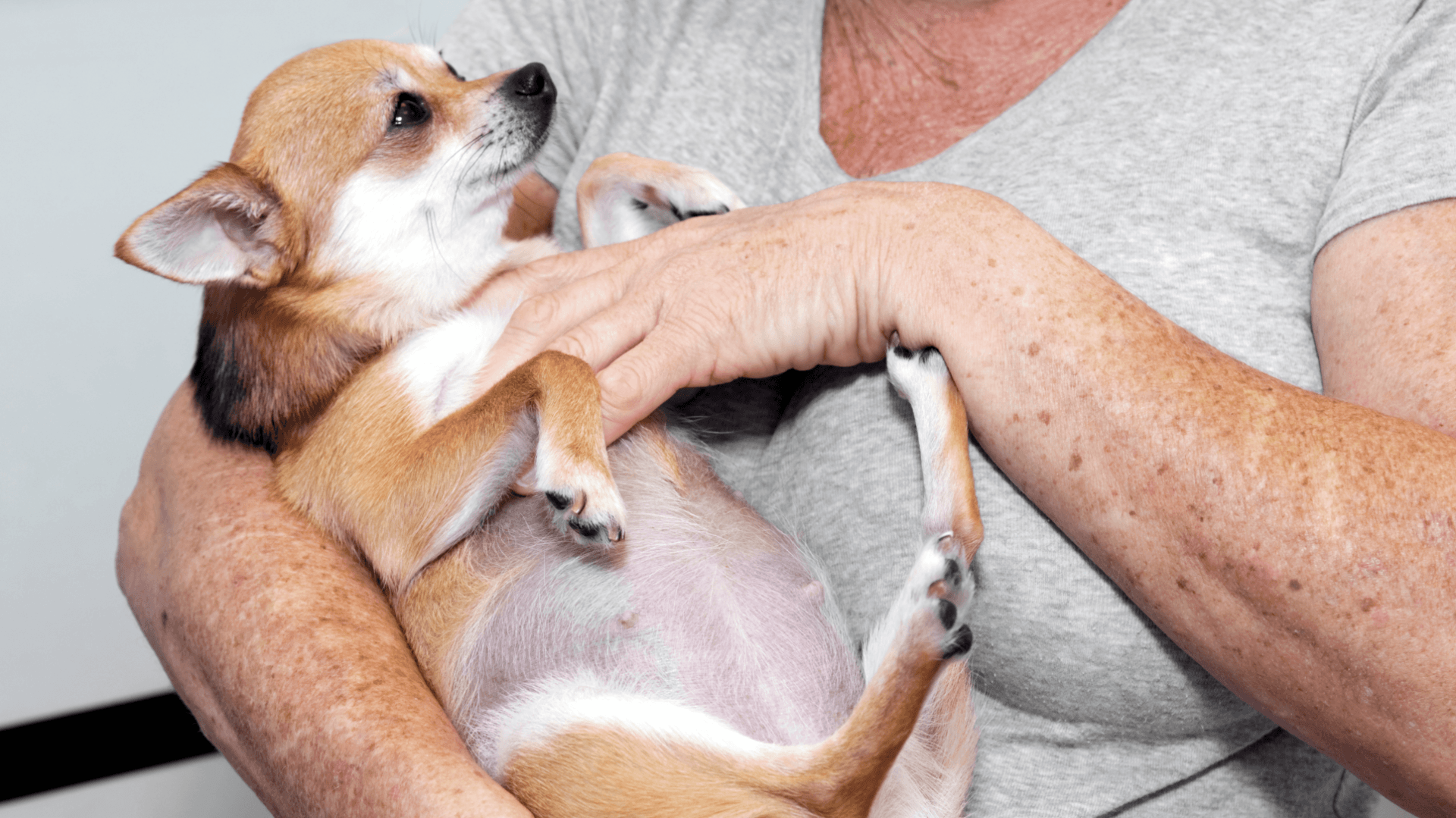
How to Identify Your Dog Is Pregnant and What to Expect
Gestation for puppies can be from 57-71 days but is generally around 63 days. Recording when your dog mated will help you to determine the due date so you can take care of her through all of the pregnant dog stages.
If you do not know when your dog mated, it could take about 3 weeks for you to see the signs. Signs your dog may be pregnant are:
- Lack of energy
- Morning sickness (just like humans)
- Changes in behavior
- Physical changes
Similar to human pregnancies, dogs go through a range of changes and reactions that can be unique to each pet.
In the early stages of pregnancy, your dog will become exhausted easier. A lack of normal energy is easily discovered in energetic dogs. If your dog likes to snooze often, you may need to pay close attention while on walks for decreased energy. In the early stages, her nipples will become discolored or enlarged.
In the early to mid-pregnancy dog stages, your dog can get morning sickness and lose her appetite. You may find fluctuations in her eating patterns. Some days she may eat more and some days she may be dissatisfied with her food. In the latter pregnant dog stages, her nipples may leak milk occasionally.
Sudden weight gain and an enlarged abdomen is a definite clue your dog is pregnant. This happens later into your dog's pregnancy, so if this is your first clue, it’s time to contact your Veterinarian soon.
Like humans, pregnancy in dogs can be a hormonal roller coaster, your dog may want more cuddle time or may want to be left alone. In most cases these changes are temporary and normal but seek veterinary care if your dog is not acting like she normally does and exhibiting worrying symptoms.
In the late stages of her pregnancy, she will display nesting behaviors like shredding materials for bedding. She may not want attention while “nesting” and can become snappy if bothered.
How to Care for Your Pregnant Dog
Continue to provide the same loving care you always have, with a little extra TLC. Talk to your veterinarian about how much you should increase your feeding and if you should add any additional nutrients or foods to keep your dog and her pups as healthy as possible.
Changes to types of play and activities will need to be made as your dogs pregnancy goes along. A dog that was normally up for a 5 mile hike might prefer a snuffle mat and a nap instead.
What To Do When Your Dog Whelps Or Goes Into Labor
Knowing the signs a dog is going into labor soon will assist you to calm her fears. Before your dog goes into labor, her body temperature will drop from 101 to 102.5 Fahrenheit to the 98-99 range. When her temperature drops, her behaviour will change. We recommend that you begin taking your dog's rectal temperature every morning 10-14 days before her due date. This will set a baseline for her normal temperature, and if it falls below normal, she will most likely whelp within 24 hours. She will begin to pant, pace around and refuse to eat. Some dogs will vomit. Then her nesting behavior will kick in; this is a good time to place her in the whelping box. This pre-delivery labor stage can last from 6 to 12 hours. Towards the end of this stage, her cervix will be completely dilated.
During the final stage of labor you will be able to see her contractions. The muscles in her abdomen will tense up and she will start straining in a similar posture of having a bowel movement. Her first pup should be born 1-2 hours from the time contractions begin. It will not be unusual if your dog takes a rest for a few hours before delivering the rest of the litter. She may not rest after each delivery and several puppies can be born soon after. After the puppies are born, the placentas and afterbirth will be expelled.
Your dog will probably do just fine on her own while delivering her puppies, but there are some complications that can be easily managed. For example, some dogs that are pregnant for the first time may have a problem removing the birth sac after the puppies are born. First allow your dog time to remove it herself. If she does not remove it fairly quickly, the puppy will not be able to breathe. You may need to tear a hole for her so the puppy can take its first breath. Discuss this possibility with your Veterinarian for the best procedure to tear the hole prior to the birthing process so that you are prepared if this happens.
Take your pregnant dog into the animal clinic when:
- Your dog is sick or does not seem like herself, before, during, or after whelping
- She is exhausted with a long labor time
- She has been straining for 20-30 minutes without successfully delivering a pup. A blockage could be the cause requiring emergency pet surgery.
- She is bleeding – It is normal for your dog to have bloody fluid during the birthing process, but more than a few drops of blood is not normal and you will need to contact the Veterinarian immediately.
- A puppy is stuck – A puppy can become stuck for several reasons. It could be because the puppy is too large, deformed, or is in the wrong position but whatever the reason - call the vet immediately. Do not help the puppy out yourself.
Pregnant dogs usually do not need your help during labor and delivery. Some dogs will like their owner to be with them while others prefer seclusion when whelping. It is best to avoid interfering as much as possible when your dog prefers to be left alone.
How Do I Care For My Dog After Giving Birth?
Make preparations for the puppies and your whelping dog.
Find a warm, comfortable, and secluded room and provide a whelping box. The whelping box should be large enough for your dog to stretch out and turn around in. Also, the whelping box should be high enough to keep the puppies corralled, yet low enough for your dog to easily step over. Line the whelping box with old towels that are clean and absorbent.
Keep the phone number to the animal care clinic handy in case you need help during or after birth.
After your momma dog has given birth, remove all the soiled towels from her whelping box and replace them with clean towels often to keep her nest clean. The birthing process takes a lot of energy out of mom as well as her pups so she needs a quiet, warm place for her and the new puppies to sleep after giving birth. Gently clean her up with a warm damp cloth when she is awake and refreshed from a good rest after the birthing process. Make sure any soap residue is wiped off, especially around her nipples to keep it away from the puppies. A regular bath will have to wait for a few weeks.
After the puppies are born, you should feed your momma dog small meals more often in place of one large one. She will need more calories and may eat up to 4 times as much as normal. She will especially need more calcium, protein, and water. Her regular dog food is likely fine but again, check with your Veterinarian if you aren’t sure.
Tips for the newborn Pups:
- Newborn puppies need a warm environment. The temperature of a puppy should be between 94-99 degrees Fahrenheit. Taking their temperature will confirm they are staying warm.
- With clean hands, guide each pup to a nipple to nurse. They should naturally latch on after smelling the milk. Use a postal scale to weigh the puppies every day for three weeks to make sure they are growing and gaining weight. At four weeks old, the pups are not considered newborn anymore and will explore their surroundings. They should be weaned at 7 weeks and are ready for their forever homes at 8 weeks.
Veterinary Specialists in Lee’s Summit
Call us when you need to know what to do when your dog is pregnant for the first time. Every aspect of your dog’s health is important to us at Chipman Road Animal Clinic. Through prenatal care, labor, and delivery you will receive the best animal care for your momma dog and her litter of pups.
Our excellent veterinarians will care for all of your pet’s health care needs including:
- Animal Hospital/Emergency care
- Dental care
- Flea and Tick control
- Microchipping
- Personalized medical care
- Puppy and Kitten care
- Spay and Neuter
- Vaccinations
- Wellness exams
Chipman Road Animal Clinic’s Veterinarians and their caring team are the most compassionate animal care clinic serving all of Lee’s Summit, MO and the surrounding area. Our open door policy allows you to stop in when you need advice or emergency help. No appointment is needed. We are located at 211 NW Chipman Road in Lee’s Summit, MO 64063. Call us at: 816-524-1886 .

